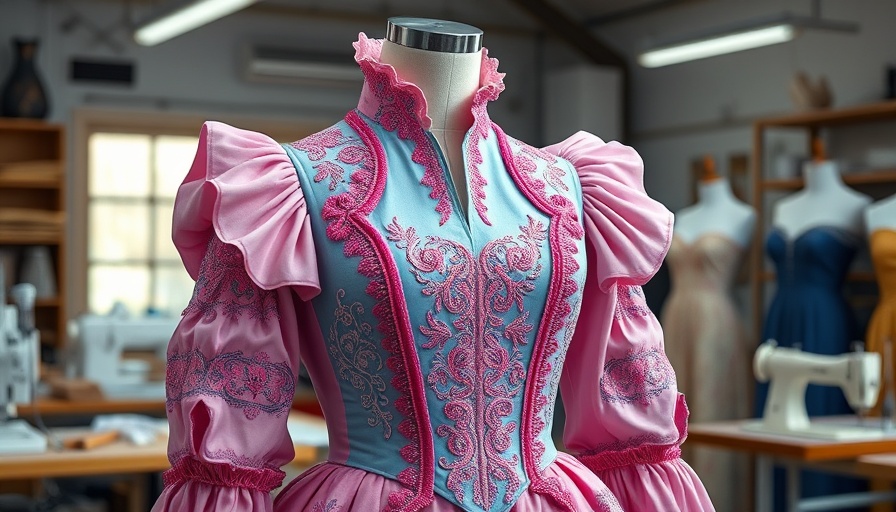
The Power of Forgiveness and Its Cultural Resonance
In the gripping trailer of Forgiveness, part of the Stratford Festival 2025, we're introduced not only to stories of struggle and resilience but to a poignant exploration of identity amidst adversity. The trailer hints at a center stage where personal narratives intertwine with cultural histories in a historical context that feels all too relevant today.
In 'Forgiveness (Official Trailer) | Stratford Festival 2025', the discussion dives into the intersection of personal stories and cultural histories, exploring key insights that sparked deeper analysis on our end.
A Historical Context: Remembering the Past
The backdrop of the play unfolds against Canada’s declaration of war on Japan during World War II, a moment that marked countless lives and communities. The painful reality of internment faced by Japanese Canadians, entrenched in existing prejudices and fear, serves as a powerful lens through which we witness the need for understanding and empathy.
The characters in the trailer express an urgent call for survival, emphasizing the notion that amidst hostility and division, human connections can provide strength. This interweaving of personal and political showcases how history can deeply affect individual identities and community bonds.
Forgiveness as a Path to Healing
Giving voice to these themes, the production invites audiences to reflect on forgiveness, not merely as a moral duty, but as an essential pathway to healing. The nuanced relationships presented offer insight into what it means to forgive and, perhaps, what it takes to be reconciled with the past. The echoes of the characters’ struggles remind us of our own relationships where pain and forgiveness are inextricably linked.
The Emotional Impact of Community
In a poignant call of “We’ll get through this as long as we have each other,” we recognize the universal need for solidarity during difficult times. These lines resonate especially in today’s increasingly fragmented world. The play emphasizes that healing can be achieved not only through personal introspection but through community support and collective resilience.
A Broader Reflection: Understanding Other Cultures
As audiences engage with Forgiveness, there is an opportunity to reflect on the importance of cultural narratives. The challenges faced by Japanese Canadians during wartime are mirrored in many communities today that still grapple with issues of xenophobia, identity, and belonging.
By embracing these stories, audiences are urged to move beyond historical misunderstandings. This narrative exploration allows for a critical dialogue on how we can better understand and empathize with the struggles of those who are different from ourselves.
Predictions and Opportunities: A Call to Action
The anticipated performances at the Stratford Festival this coming year not only represent a theatrical endeavor but also a cultural awakening. Productions like Forgiveness create spaces for conversations that challenge societal norms and invite audiences to reconsider their perceptions of identity, belonging, and compassion.
For individuals who resonate with these themes, attending the festival becomes more than mere entertainment; it's an invitation to engage with art that propels societal change through understanding and empathy.
Conclusion: The Role of Art in Healing
As we reflect on Forgiveness, it's clear that art is a powerful medium for healing. The stories brought to life by passionate storytellers remind us that even in dire circumstances, hope can flourish in the company of love and forgiveness. By exploring these narratives, we not only pay homage to the past but carve pathways to a more compassionate future. So, mark your calendars for the Stratford Festival 2025; it's an experience that promises both profound reflection and cultural enrichment.
 Add Row
Add Row  Add
Add 




Write A Comment